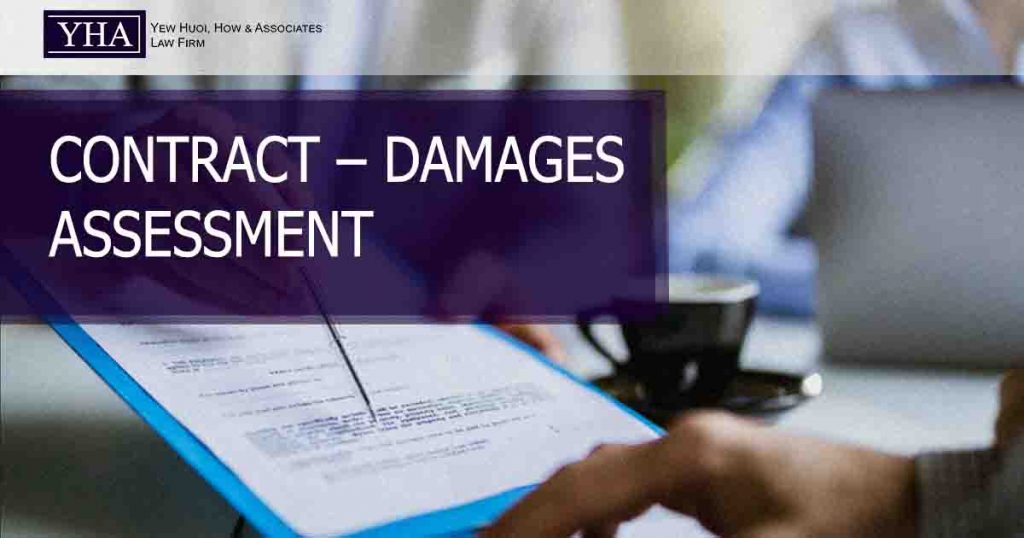John and Sally had a signed contract that stated that if the contract was terminated, John would pay Sally the sum which would be decided by an independent auditor mutually agreed. Sally then finds out that John has breached the contract. The parties then agreed to appoint Brandon as the auditor to access the damages. The auditor Brandon came up with a report, assessing the damages at RM1,000,000.
Q: Can John later change his mind and disagree with the auditor Brandon’s report?
A: No. The parties are bound by the contract and their decision to appoint Brandon as the independent auditor. In the absence of any vitiating factor such as auditor Brandon’s report is tainted with fraud, collusion or partiality/bias, the parties are bound by their mutually-appointed expert. And in this case auditor Brandon’s report.
Q: Can John ask for the auditor Brandon’s report to be cross examined and later challenged in court?
A: Yes. He may cross examine and clarify auditor’s Brandon’s report. John may apply to cross-examine the expert under O 37 r 4 of the Rules of Court 2012.

